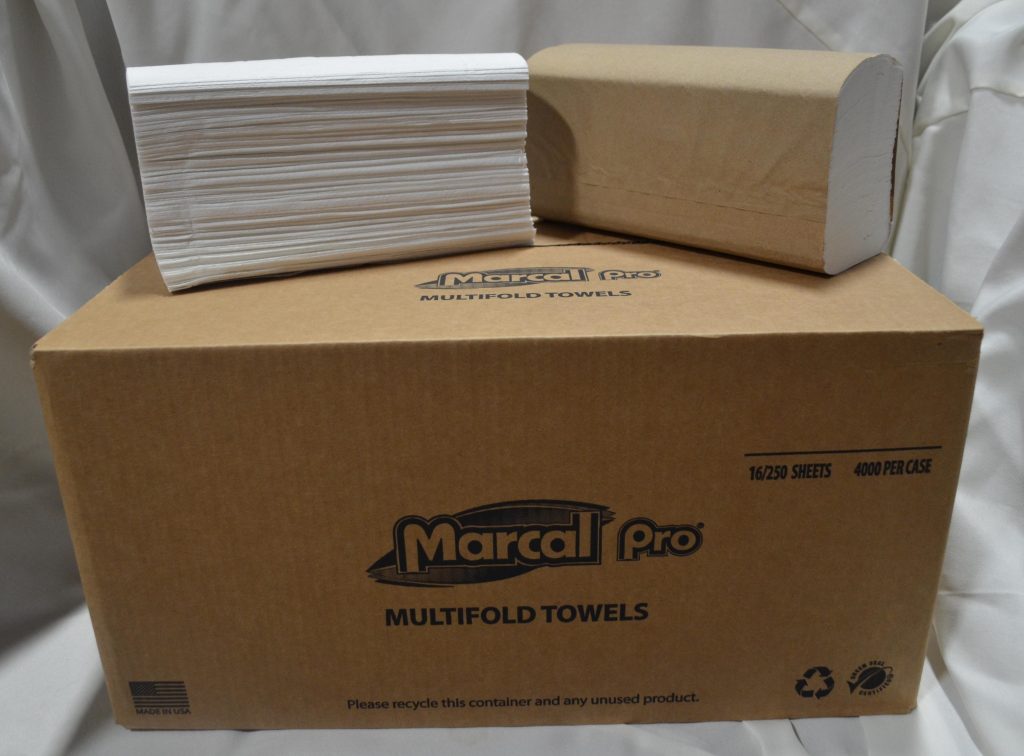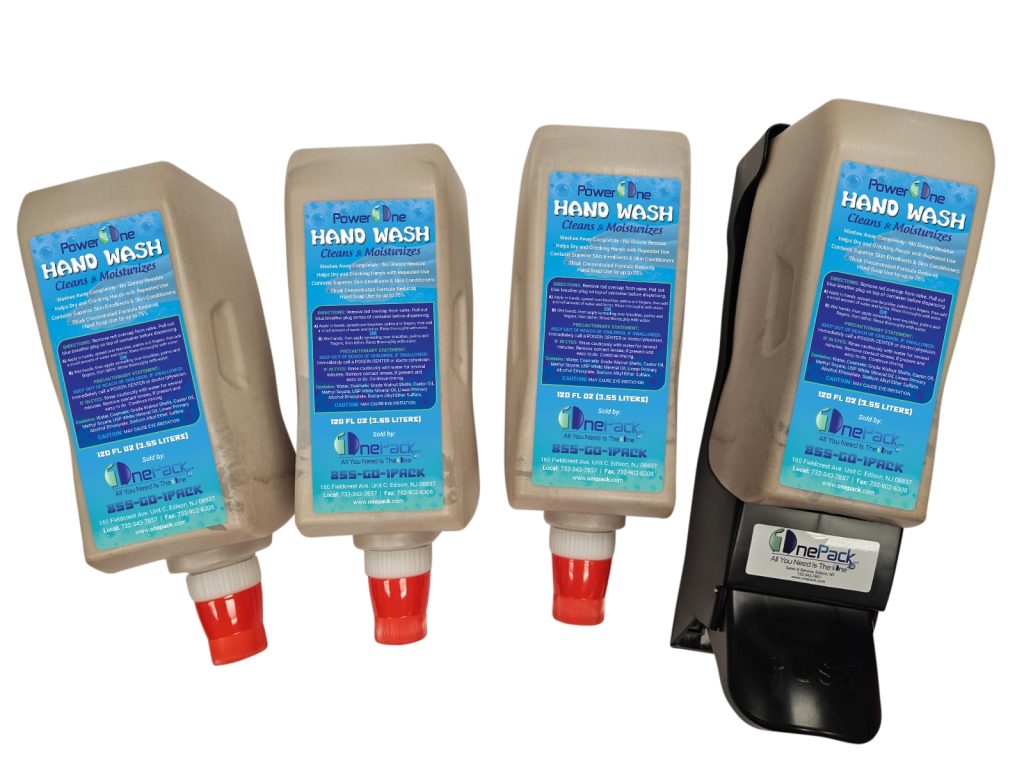Marcal Pro Multifold Paper Towels – Eco-Friendly, Reliable, and Absorbent
Introduction: The Best Eco-Friendly Paper Towel Solution When it comes to keeping your business clean and sustainable, Marcal Pro Multifold Paper Towels are the perfect choice. In today’s environmentally-conscious world, it’s essential to select products that not only provide reliable performance but also minimize the impact on our planet. Marcal Pro’s multifold paper towels are […]
Marcal Pro Multifold Paper Towels – Eco-Friendly, Reliable, and Absorbent Read More »




